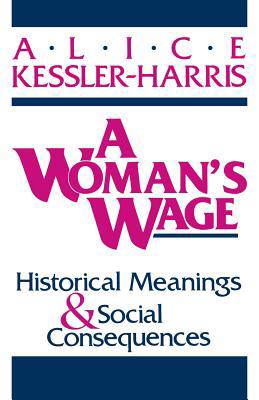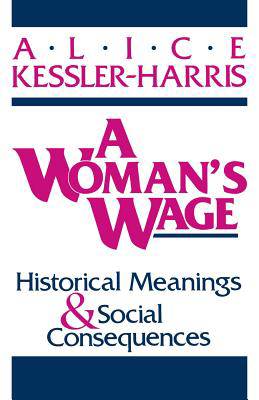
- Retrait gratuit dans votre magasin Club
- 7.000.000 titres dans notre catalogue
- Payer en toute sécurité
- Toujours un magasin près de chez vous
- Retrait gratuit dans votre magasin Club
- 7.000.0000 titres dans notre catalogue
- Payer en toute sécurité
- Toujours un magasin près de chez vous
Description
In this pathbreaking book, Alice Kessler-Harris explores the meanings of women's wages in the United States in the twentieth century, focusing on three sets of issues that capture the transformation of women's roles: the battle over minimum wage for women, which exposes the relationship between family ideology and workplace demands; the argument over equal pay for equal work, which challenges gendered patterns of self-esteem and social organization; and the current debate over comparable worth, which seeks to incorporate traditionally female values into new work and family trajectories. Together these issues trace the many ways in which gendered meaning has been produced, transmitted, and challenged.
Spécifications
Parties prenantes
- Auteur(s) :
- Editeur:
Contenu
- Nombre de pages :
- 184
- Langue:
- Anglais
- Collection :
Caractéristiques
- EAN:
- 9780813108032
- Date de parution :
- 25-07-91
- Format:
- Livre broché
- Format numérique:
- Trade paperback (VS)
- Dimensions :
- 140 mm x 216 mm
- Poids :
- 263 g

Les avis
Nous publions uniquement les avis qui respectent les conditions requises. Consultez nos conditions pour les avis.






